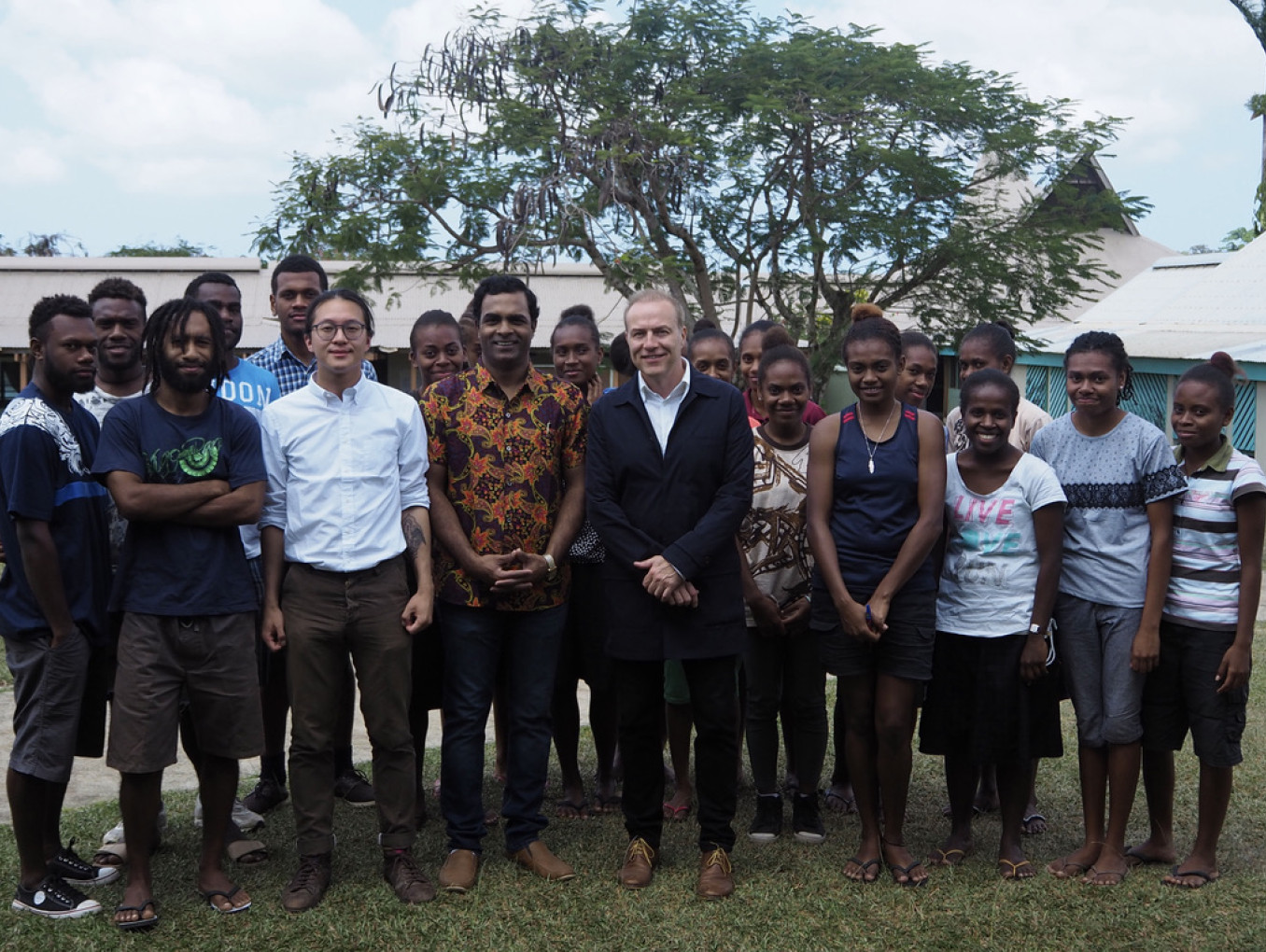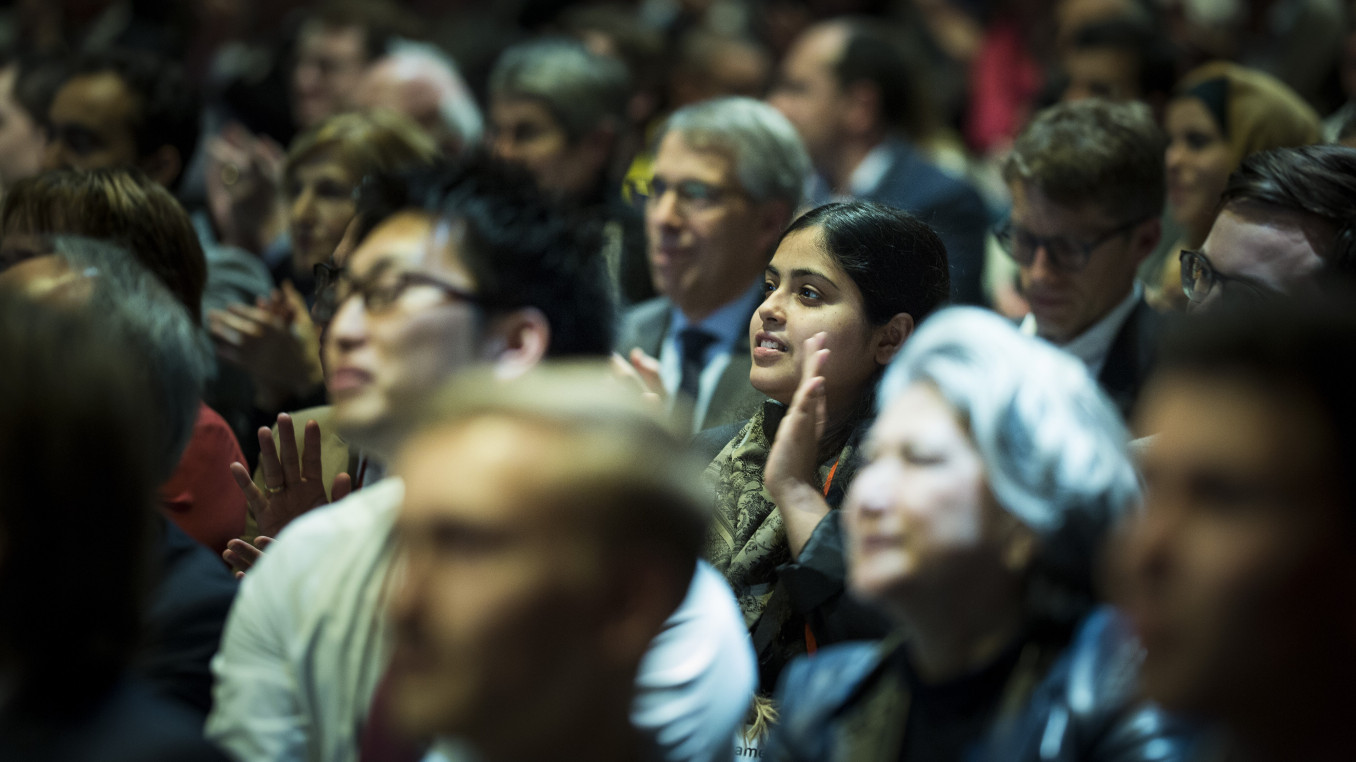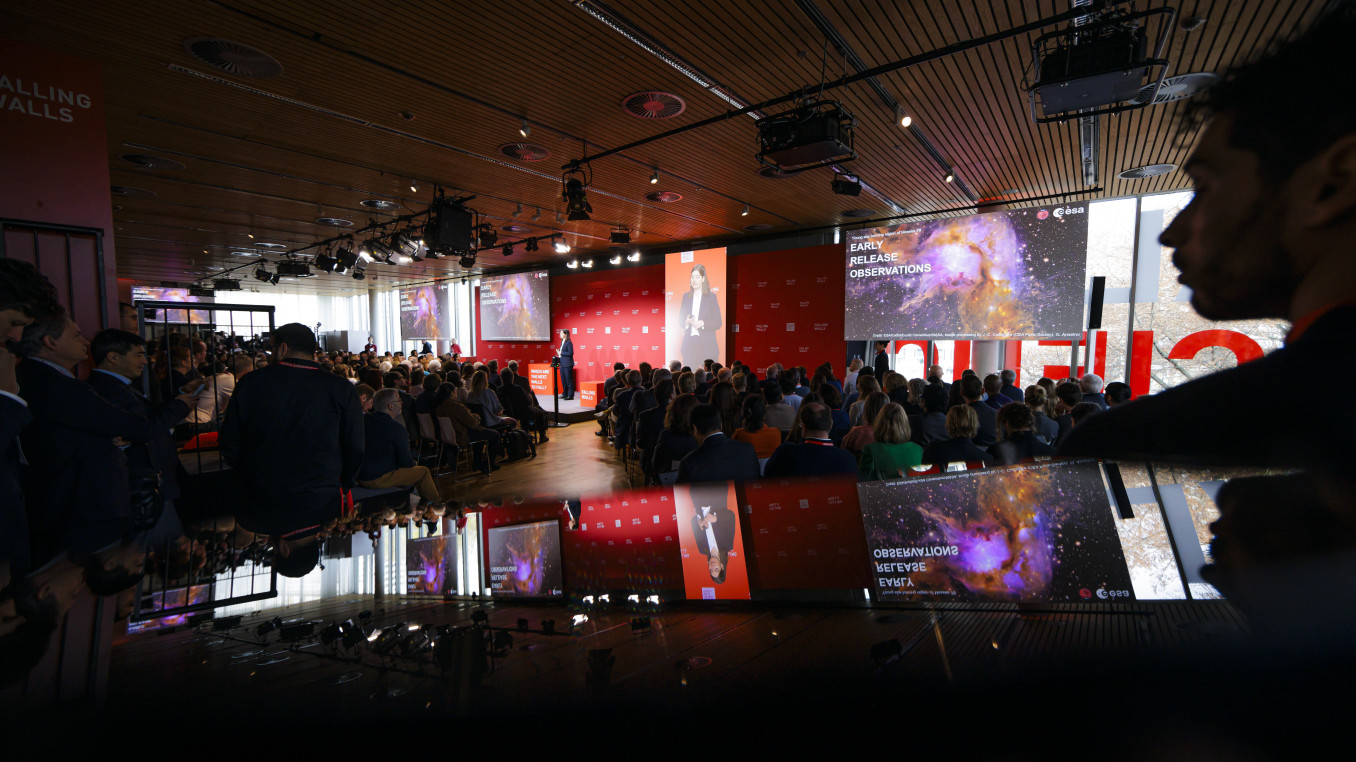Harvey Whitehouse's Research on Identity Fusion and Global Cohesion
Breaking the Wall of Global Unification
Winner Interview 2024: Social Sciences and Humanities
Harvey Whitehouse's research at Oxford’s Centre for the Study of Social Cohesion explores the powerful concept of identity fusion—where personal and group identities merge, driving extreme self-sacrifice. While this phenomenon can fuel violent extremism and warfare, Whitehouse's work reveals its potential to foster global cooperation, peace-building, and action on critical issues like the climate crisis. His studies show how overcoming barriers to more inclusive tribalism can unify humanity, addressing intergroup conflict and threats to democracy. Discover how Whitehouse's insights are transforming our understanding of social cohesion and paving the way for a more united world.
Which wall does your research or project break?
The aim of our research is to break the wall to the unification of humankind. One of the strongest forms of social cohesion known to psychology - identity fusion - conjoins personal and group identities to motivate extreme forms of self-sacrifice. Although identity fusion has been shown to contribute to violent extremism and warfare, it can also unite humanity at large. Our research in the Centre for the Study of Social Cohesion at the University of Oxford shows how the barriers to more inclusive forms of tribalism can be overcome, motivating global cooperation and mitigating conflict.
What are the three main goals of your research or project?
The three mains goals of our research are to establish the most effective ways to foster fusion with humanity at large to address the climate crisis, intergroup conflict, and threats to democracy. We have shown that rewriting the speeches of politicians to reflect our research on group psychology and cooperation rather than only the arguments from science can have a transformative impact on our attitudes to the climate crisis as well as our willingness to act. Our award-winning research on the drivers of violent extremism is helping us to develop methods of predicting and preventing intergroup conflict. And our research on the way truth claims are constructed may help develop new ways of reducing the polarising effects of social media.
What advice would you give to young scientists or students interested in pursuing a career in research, or to your younger self starting in science?
Establish a research question that is answerable, demonstrably important, and that you care about deeply. Then seek out the most suitable methods and expertise needed to answer the question, without regard to disciplinary boundaries or institutional impediments. Be prepared to take things in baby steps. What you discover along the way can be as important as the intended destination.
What inspired you to be in the profession you are today?
What inspired me to become a professional anthropologist was living for two years deep in the rainforest of Papua New Guinea with people whose language had never been written down and who had no electricity or running water but a very rich culture and a profound curiosity about our collective origins and potential futures.
What impact does your research or project have on society?
Our research has the potential to help us better understand how to harness the human capacity for cooperation in polarised societies, in regions divided by conflict, and across humanity at large.
What is one surprising fact about your research or project that people might not know?
I am probably the only Englishman who travelled to the FIFA World Cup in Brazil to study the effects of shared suffering and loss on group cohesion among fellow England football fans.
Although I am now a senior professor at the University of Oxford, I hated school and left at age 16 vowing never to return.
What’s the most exciting moment you've experienced over the course of your research or project?
Arrival in new field sites where no anthropologist has set foot before, setting up studies with armed insurgents during the Arab Spring, performing emotionally intense rituals alongside passionately committed religious adherents, designing experiments with infants and small children with developmental psychologists, helping to interpret discoveries at some of the world's most ancient archaeological sites... any one of these and more could easily be among the most exciting moments I have experienced during my research.


